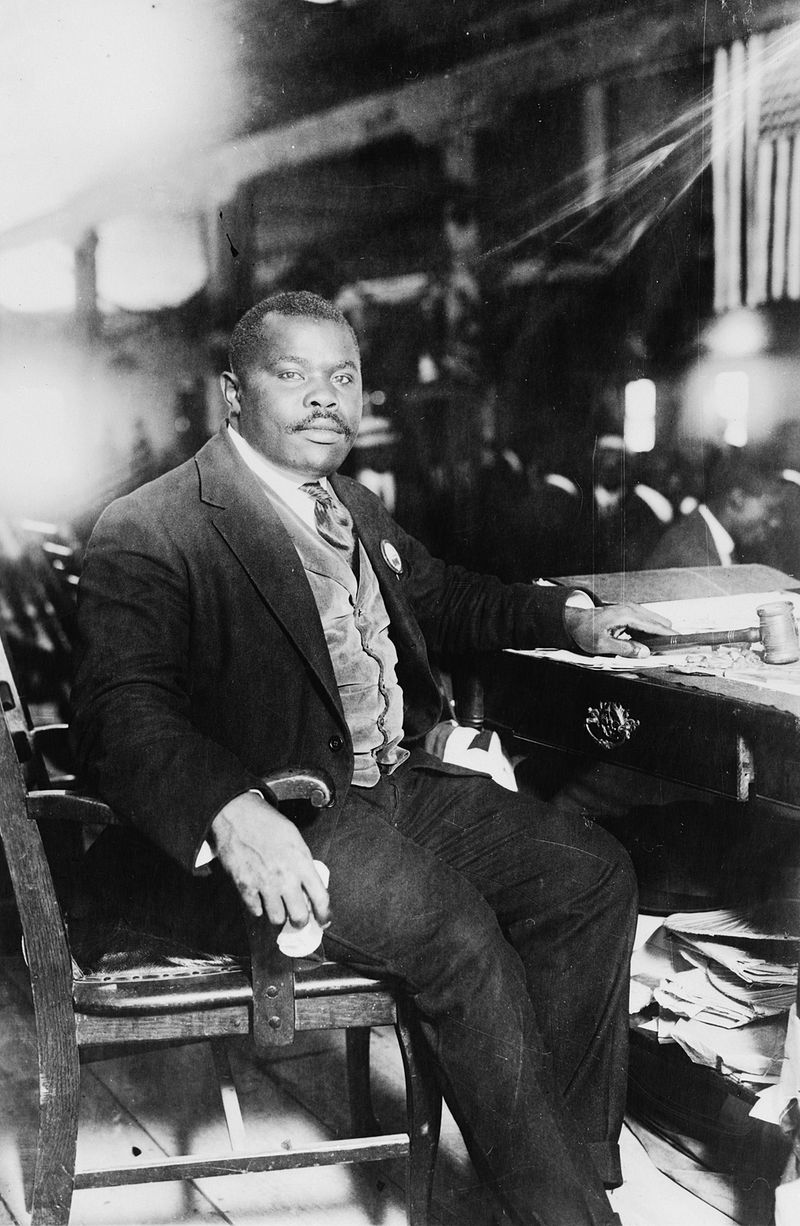That linguistic barbarism continues to spoil America’s discursive landscape. Once a mere hint of violence sporting the thinnest veneer of plausible deniability, it has evolved into a preferential option for “direct action” exercised by wide swaths of the populace, with its predictable vandalism, firebombing, assault on person and property, and usurpation of legitimate authority.
Below is this blog’s first post, dated October 3, 2018. Reference to the confirmation hearings of Supreme Court Justice Brett Kavanaugh dates it only slightly (in my opinion; you may disagree). The logic of the deranged behavior that was on display two autumns ago is now being played out to its dystopian conclusion. I continue to hope that a majority of Americans will pull the country back from the brink this coming November 3rd—indeed, that they will be permitted to pull it back—but events have not allayed my fear that “we are probably living through the run-up to a civil war.”—Anthony Flood
“By any means necessary”: pragmatism on stilts
First published October 3, 2018
Malcolm X’s contribution to the erosion of American political rhetorical standards lives on, most recently in President Trump’s speech at a rally in Tennessee. But at least he was characterizing the expediency of his enemies.
In 1963 Communist-sympathizer Jean-Paul Sartre penned the words that in English become “by any means necessary.”

Simone de Beauvoir, Sartre, Ernesto Che Guevara, 1960, Cuba
Their African-American popularizer employed it to everlasting effect the following year. (He was assassinated the next.)

Conflating the necessary with the sufficient, it’s literally nonsense. “Any” doesn’t go with “necessary.”
There is, for example, more than one way to get to Times Square from Grand Central. One can walk a few blocks; or hop on the westbound M42 bus; or take the subway, either the shuttle (one stop) or the No. 7 (two). Each of them will do, but none is necessary.
The seductive power of the phrase overrides logic. “By the one means necessary” or “by any means sufficient” lacks punch. What the hackneyed phrase’s users mean is: “What I want is imperative, and whatever achieves it is permissible.” “Whatever it takes,” or “The end justifies the means,” which evacuates “justifies” of meaning.




 On the occasion of the birthday of the great liberal Catholic historian John Dalberg-Acton (1834-1902), I’m publishing not only links to earlier posts about him, but also a 2006 essay. The latter replies to an attack on Acton, one I’d call ignorant if its author weren’t a learned Catholic historian. Like my
On the occasion of the birthday of the great liberal Catholic historian John Dalberg-Acton (1834-1902), I’m publishing not only links to earlier posts about him, but also a 2006 essay. The latter replies to an attack on Acton, one I’d call ignorant if its author weren’t a learned Catholic historian. Like my 


 My first book went live on Amazon today
My first book went live on Amazon today And now, in concluding this investigation on the Evangelical side, a theoretical inquiry into Romans 13 for the Evangelical part, and then for the Catholic part an inquiry into the theological idea of the corpus mysticum Christi, so that the decadence I have repeatedly spoken of will come to light.
And now, in concluding this investigation on the Evangelical side, a theoretical inquiry into Romans 13 for the Evangelical part, and then for the Catholic part an inquiry into the theological idea of the corpus mysticum Christi, so that the decadence I have repeatedly spoken of will come to light. On August 13, 1920 Marcus Garvey presided at the convention of the United Negro Improvement Association held at Madison Square Garden in New York City. There he promulgated the
On August 13, 1920 Marcus Garvey presided at the convention of the United Negro Improvement Association held at Madison Square Garden in New York City. There he promulgated the 
 In the discourse we call philosophy, noncognitive interests are in play, interests that compete with, threaten to interfere with if not overwhelm the interest in knowing the truth. Brand Blanshard—the one member of my pantheon of former philosophical heroes whom I could have met, but now regret never having exerted myself to do so—acknowledged their efficacy:
In the discourse we call philosophy, noncognitive interests are in play, interests that compete with, threaten to interfere with if not overwhelm the interest in knowing the truth. Brand Blanshard—the one member of my pantheon of former philosophical heroes whom I could have met, but now regret never having exerted myself to do so—acknowledged their efficacy: